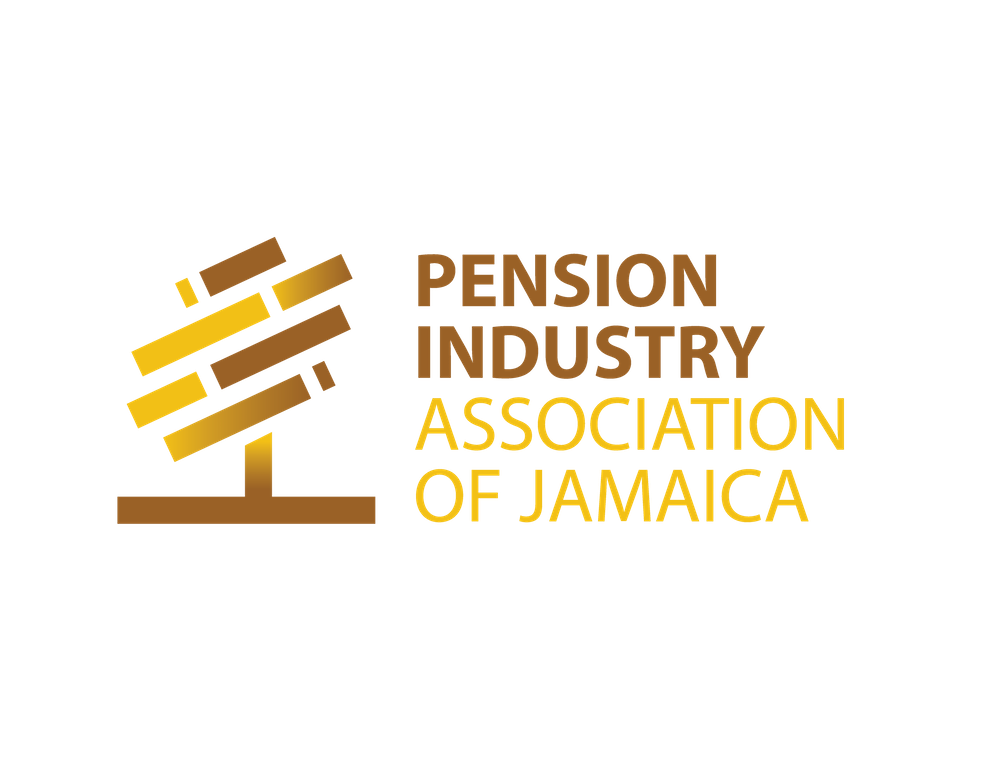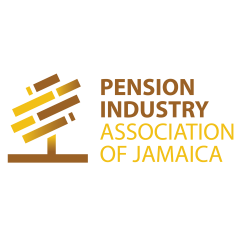Navigating Pensions
Navigating the world of pensions and retirement planning can seem a bit intimidating. Here are some tools to get you started.
Women and Retirement Security | TVJ Smile Jamaica
Women & Retirement Security – CVM at Sunrise
Pension Preparedness
Get the Facts – Pension and Retirement Planning
Navigating Pensions: Part 1
Navigating Pensions: Part 2
What does the PIAJ do?
Is a Retirement Scheme right for me?
How many pension payments will I get once I’ve entered Retirement?
What does Retirement Security mean?
What is the value of the NIS?
Does the PIAJ support FX Limits?
How to find the right retirement scheme?
Making Your Retirement Dreams Come True?
Hit Your Retirement Goals with these three tips
Do you know enough about Your Pension Plan?
3-Pillar System
How much money will you need for your retirement?
Ideally you will need the equivalent of up to 70% to 80% of your pre-retirement salary to enjoy a retirement lifestyle that is comparable to your pre-retirement lifestyle.
Adequate retirement savings allows you to meet your basic needs – food, shelter, and increased health care costs – at a minimum.
Get retirement ready with Jamaica’s 3-pillar pension system.
Click the tabs to read more…
The National Insurance Scheme (NIS) is the state’s social security scheme. Many people discount its value, but, with benefits such as old age pension, employment injury benefit, invalidity pension offered in case of illness before retirement age, funeral grant, and widow’s and widower’s pension among others, it’s nothing to be dismissed.
The good news is that whether an employer offers an employer-backed plan or not, all working Jamaicans between the ages of 18-69 now have an equal opportunity to benefit from retirement savings plan either through an approved superannuation fund or approved retirement scheme.
This means that you can save up to 20% of your GROSS INCOME in a tax-advantaged investment vehicle. In so doing, you can benefit from a monthly reduction in taxes and from the accumulation of wealth in an expertly managed fund.
But those are not the only benefits to saving for retirement. Among others, it is one of the most rewarding savings plan options available. You’ll enjoy the compounding interest, and, in the event of your death, your savings can be transferred to you designated beneficiaries.
Multiple streams of income are just as important in retirement as it was when you were working. Therefore, we encourage you to supplement your pensions savings and NIS benefits with any of the many investment options on the market – e.g., stock, bonds and, real estate.
Most importantly, we encourage you to seek professional guidance to make your big, bold retirement dreams come true. Your retirement planning approach should be tailored to you.
It is important to save for your retirement years because: Life Expectancy is Increasing: People are living longer and leading more active lives in retirement. It is important to ensure that you make adequate preparations to live an independent and dignified life in your retirement years.
Reduction/Loss of Income: When people retire, they will experience a reduction in or complete loss of income. They may have to live entirely on what they have managed to save for the retirement years. Therefore, one must be informed, intentional, practical, and proactive in saving for this period of life.
Unexpected Circumstances: Life is unpredictable, and anything can happen, such as illness or disability.
Inflation: Inflation may reduce your retirement savings. What this means is that your dollar will buy a lot less in the future than it does today.
Glossary
Pension/Retirement terms you’d need to know
An annuity is a stream of payments made in fixed intervals over time. There are different types of annuities. Fixed or increasing annuities are two types. Usually when someone retires you hear them say “I have an annuity”. What this means is that they have a source of income being paid periodically (monthly or quarterly) for a specific period. In many cases it is paid for life.
An approved retirement scheme is a private pension arrangement. It allows employed Jamaicans who do not qualify for participation in an employer-backed pension fund as well as self-employed Jamaicans between the ages of 18-69 to formally contribute to a pension plan. Through an approved retirement scheme (also called or individual retirement scheme or approved retirement account), contributors can save up to 20% of their income in a tax-advantaged savings plan that will provide them with an income in retirement. Approved retirement schemes are defined contribution plans.
A superannuation fund is typically an employer-sponsored pension fund that provides a future benefit in the form of a retirement income for an employee. Contributions are generally made by both the employer and the employee. They are pooled and invested on behalf of employees and the earnings generate income for employees upon retirement. This income is paid through an annuity. Superannuation funds can be either defined benefit plans or defined contribution plans.
A defined benefit plan is one in which the contributor is guaranteed a fixed annuity or value in retirement regardless of the performance of the underlying investment. If the assets of the plan are insufficient to pay the pre-determined pension, the employer or company to which the plan belongs is liable to pay the difference or short fall. A defined benefit plan is more commonly a part of a superannuation plan structure.
A defined contribution plan is one in which your pension benefit is determined by the performance of the underlying pool of investments.
The vesting period refers to the period of employment that is required to be completed in order for employees to have access to any money that is contributed on their behalf. In a defined contribution plan this refers to the employer’s matching contributions, while in a defined benefit plan this means the benefit in excess of their contributions. Once the employee completes the vesting period they are referred to as vested.
Every plan has a unique vesting period. However, a 5-year vesting period is most common in Jamaica. It is therefore important to check your plan’s documents.

